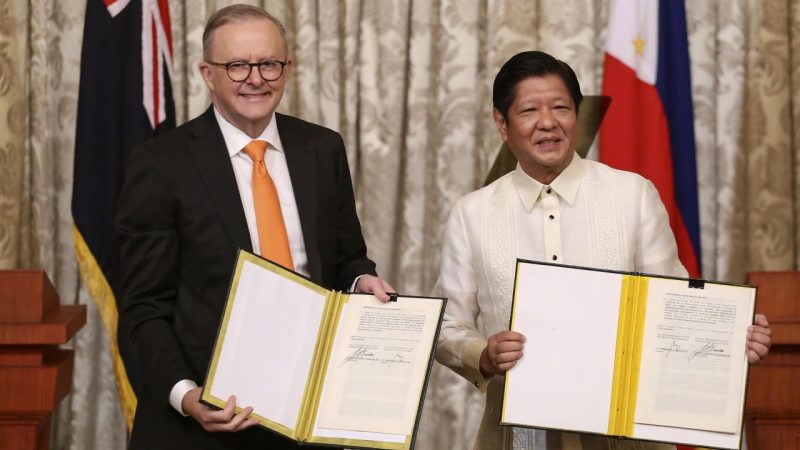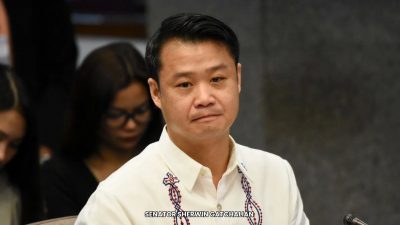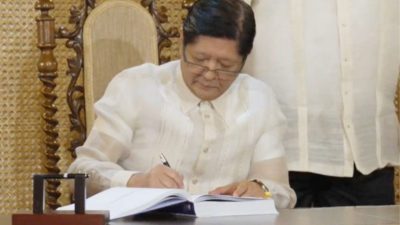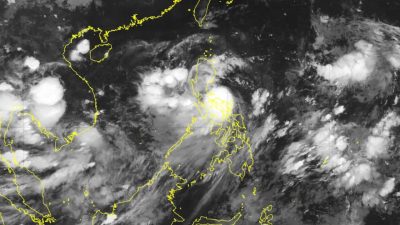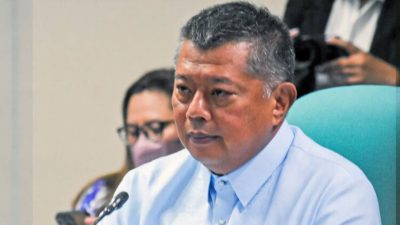By Junex Doronio
MANILA — Recognizing that the histories of the Philippines and Australia are “deeply intertwined,” Australian Prime Minister Anthony Albanese on Friday vowed to work with the Philippines for the advancement of regional sovereignty and economic cooperation.
At the same time, Australia reiterated its support for the Philippines in the West Philippine Sea dispute during Albanese’s bilateral meeting with President Ferdinand “Bongbong” Marcos Jr. in Malacañang.
“Our histories are deeply intertwined. And our futures are true. Australia is working with our partners including, of course, the Philippines, to shape a region where sovereignty is upheld and economic cooperation is underpinned by international rules-based trade, a region that is open, stable, and prosperous with ASEAN at its center,” Albanese said.
After the signing of a memorandum of understanding (MOU) between President Marcos and the Australian Prime Minister, the latter said Australia committed to the following:
- Double the number of Australia Awards scholarships available to students from the Philippines
- Support the re-establishment of the Philippine Institute at the Australian National University
- Announce new reciprocal work and holiday visa agreements
- Create a new five-year program to help further reduce violent conflict, reintegrate former combatants, and improve community development livelihoods
- Support a $4.4-million collaborative research aimed at assisting the Philippines in developing its own national soil health strategy.
For his part, PBBM acknowledged that the agreements signed and witnessed “symbolize our joint determination to enhance our cooperation among various domains. From development to cultural exchanges, these agreements represent a tangible commitment to work together for the betterment of our two nations.”
During the bilateral meeting, the Australian leader also reiterated Australia’s support for the Philippines amid heightened tensions in the West Philippine Sea.
“We have a collective responsibility for security including support for the United Nations Convention on the Law of the Sea, and Australia does support the 2016 South China Sea arbitral award. That’s final and binding, and it’s important it’s upheld moving forward,” Albanese said. (ai/mnm)

